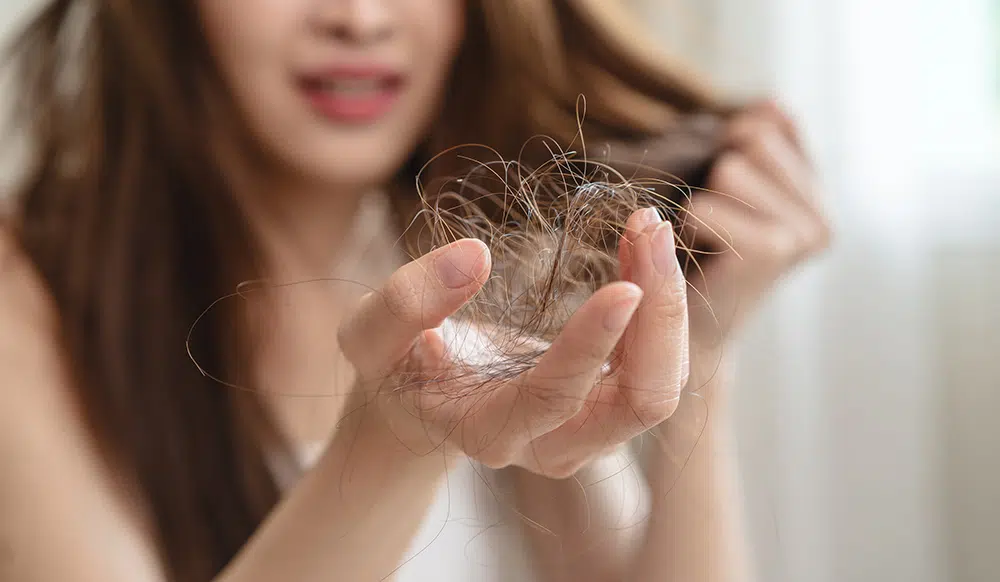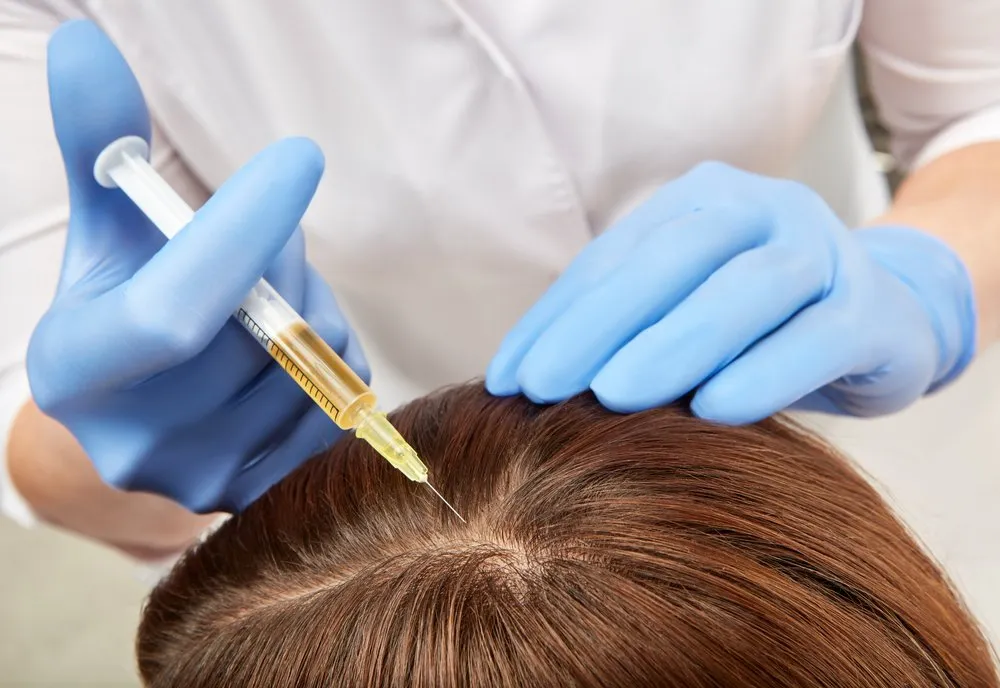Struggling with limited scalp donor hair for a transplant?
BHT for hair loss, or Body Hair Transplant, offers an innovative solution by using hair from other parts of the body—like the chest or beard—to restore scalp coverage.
This article explains how BHT works, who it’s ideal for, and whether it can deliver lasting, natural results. You’ll also learn about the procedure, recovery, and expert insights—all backed by medical experience to help you make an informed decision.
What Is BHT for Hair Loss?

Understanding Body Hair Transplantation
A Body Hair Transplant (BHT) is a type of hair restoration procedure where hair follicles are extracted from body areas—most commonly the beard, chest, back, or legs—and implanted into balding regions of the scalp. It’s performed using Follicular Unit Extraction (FUE) techniques.
How BHT Differs from Traditional FUE or FUT
- Traditional FUE/FUT uses donor follicles from the scalp, usually the back or sides.
- BHT, in contrast, expands the donor area by utilizing body hair when the scalp supply is insufficient.
This technique is especially useful for patients with advanced hair loss (Norwood Grade 5–7) or previous failed transplants.
Common Donor Areas Used in BHT
- Beard (most preferred due to thicker hair and higher survival rate)
- Chest
- Back and shoulders
- Arms and legs (less commonly used due to finer hair texture)
When Is BHT Recommended for Hair Loss?
Ideal Candidates for BHT
- Individuals with poor scalp donor availability
- Those with prior transplant scars
- Men with thick beards or chest hair as potential graft sources
- Patients seeking density improvement after earlier procedures
Cases Where Scalp Donor Hair Is Insufficient
- Scarring alopecia or trauma
- Overharvested donor areas
- Advanced androgenetic alopecia
Ethnic and Genetic Factors Affecting Suitability
Body hair characteristics vary among ethnic groups. For example, South Asian and Middle Eastern men often have denser body and beard hair, making them more suitable for BHT.
How BHT Works: Step-by-Step Procedure
Pre-operative Assessment and Planning
A qualified surgeon assesses:
- Scalp and body hair characteristics
- Texture, curl, and length match
- Graft requirement estimation
Extraction Technique for Body Hair
FUE is used to extract single follicles from the body using:
- Small punches (0.8–1.0 mm)
- Manual or motorized devices
Implantation Process and Recovery
- Follicles are implanted into balding areas using DHI or slit technique
- The procedure may take 1–2 days, depending on graft number
- Healing begins within 7–10 days post-op
Pros and Cons of Body Hair Transplant for Hair Loss
Advantages of BHT
- Expanded donor supply for patients with poor scalp hair
- Can fill large bald areas or previous scars
- Beard hair offers high yield and faster regrowth
Limitations and Challenges
- Hair texture mismatch (body hair may not blend perfectly)
- Lower survival rate compared to scalp hair (especially chest/back hair)
- Longer procedure and healing time due to sensitive body areas
- Requires an experienced surgeon to ensure aesthetic blending
Success Rates and Patient Experiences
Graft Survival Rate Comparison (BHT vs. Scalp)
- Beard grafts: 80–90% survival
- Chest/back grafts: 50–70% survival
- Scalp grafts: Typically 90–95% survival
Before-and-After Photos or Case Studies
Patients with extreme baldness often achieve significant coverage with BHT, especially when beard and scalp grafts are combined.
BHT Recovery Timeline and Post-Op Care
Expected Shedding Phase and Regrowth Milestones
- 2–4 weeks: Transplanted hairs shed (normal phase)
- 3–4 months: New growth begins
- 8–12 months: Noticeable improvement in density
How to Care for Donor and Recipient Areas
- Avoid touching or scratching
- Follow the antibiotic and cleansing routine
- No gym/sweating for 7–10 days
- Shave the donor area only when cleared by the surgeon
Potential Side Effects or Complications
- Redness or bumps in the donor area
- Uneven growth if grafts are not well matched
- Rare: ingrown hairs or folliculitis
Cost of BHT for Hair Loss
BHT Cost in Pakistan vs. International Clinics
- Pakistan: PKR 80–150 per graft
- Turkey: $1.5–$2.5 per graft
- USA/UK: $3–$8 per graft
Factors That Affect Pricing
- Donor area complexity
- Surgeon’s experience and clinic reputation
- Graft count and session duration
- Use of advanced tools (e.g., DHI)
Is It Worth the Investment?
While BHT may cost more due to complexity, it’s often the only viable solution for patients with limited scalp donor hair, making it worth considering.
Alternatives to BHT for Hair Loss
Scalp FUE/FUT
Best for patients with healthy scalp donor hair; limited coverage in advanced baldness.
PRP Therapy
PRP is a Non-surgical option to strengthen existing hair, but it cannot regrow hair in bald areas.

Hair Systems or Medications
- Minoxidil/Finasteride can slow hair loss progression
- Hair systems offer immediate coverage but lack permanence
Is BHT Right for You?
What to Expect in a Hair Transplant Consultation
- Scalp and body hair analysis
- Graft count estimate
- Discussion of realistic goals
- Medical history review
Questions to Ask Your Surgeon
- What’s your experience with BHT?
- Can I see before-and-after cases?
- What donor areas are best in my case?
Get a Personalized BHT Assessment
An experienced surgeon will evaluate your hair characteristics and recommend the best combination of grafts for natural, lasting results.
FAQs About BHT for Hair Loss
Can body hair really grow like scalp hair?
Yes, but it retains its natural characteristics like curl and growth length.
Is BHT permanent?
Yes, the transplanted follicles are permanent, though the growth rate varies by donor source.
How many grafts can be taken from the body?
Up to 3,000–5,000 grafts may be harvested from the beard/chest, depending on density.
Can you combine scalp and body hair in one session?
Yes, combining sources often yields the most natural results in extensive transplants.
Take Your Next Step
Struggling with poor donor hair or previous transplant failure?
Book a consultation with Dr. Rana Irfan in Islamabad today to explore whether BHT for hair loss is the solution you’ve been looking for. Restore your hair—and your confidence—with the expertise of an ABHRS-certified surgeon.
